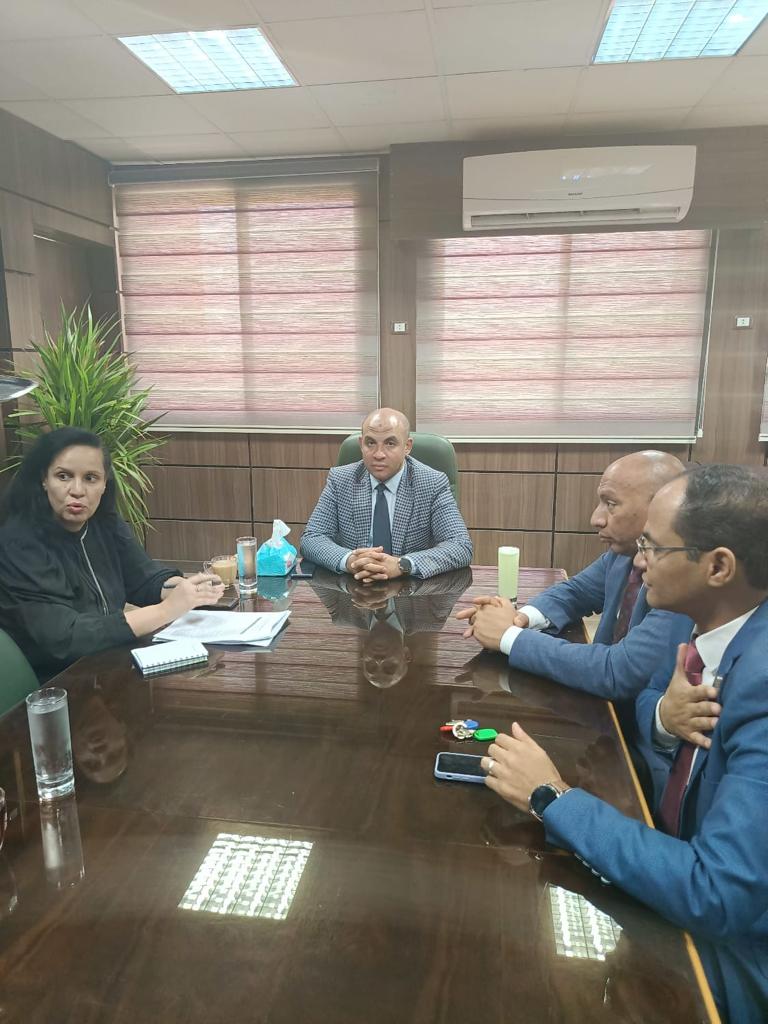Prof. Ahmed Al-Minshawi, President of Assiut University, has announced that efforts are underway to update the university's strategic plan for 2024–2029. The update, currently under development, aims to adapt to recent economic, social, and scientific changes and Assiut University's requirements in its shift towards digital transformation. The update also seeks to strengthen the university's role in addressing national challenges, promoting sustainable development, and achieving Egypt's Vision 2030.
In this regard, Prof. Mahmoud Abdel-Aleem, Vice President for Community Service and Environmental Development Affairs, held a meeting with the team responsible for conducting the environmental analysis required to assess and evaluate Assiut University's performance in the areas of community service and sustainable development in advance of updating the university's strategic plan for 2024–2029. The team includes Prof. Heba Attia, Vice Dean of the Molecular Biology Research and Studies Institute for Community Service and Environmental Development Affairs; Prof. Muhammad Mustafa Hamad, Vice Dean of the Faculty of Education for Community Service and Environmental Development Affairs; Prof. Muhammad Abu Al-Majd, Vice Dean of the South Egypt Cancer Institute for Community Service and Environmental Development Affairs; and Prof. Muhammad Suleiman, Vice Dean of the Faculty of Social Work for Community Service and Environmental Development Affairs.
During the meeting, Prof. Mahmoud Abdel-Aleem outlined the evaluation impact indicators for the twelfth criterion, "community participation and environmental development." Moreover, he assigned his team members to conduct a SWOT analysis to identify and analyze the sector's strengths, weaknesses, opportunities, and threats. The most crucial evaluation impact indicators in this environmental analysis include tangible social and environmental needs, the university's educational and research policies and other activities, the university's efforts to achieve sustainable development, the university's diverse mechanisms for communicating with local, regional, and international academic and professional communities, the methodologies used for gathering community input, and the subsequent utilization of these findings in the decision-making process.

 Do you have any questions?
Do you have any questions? 





